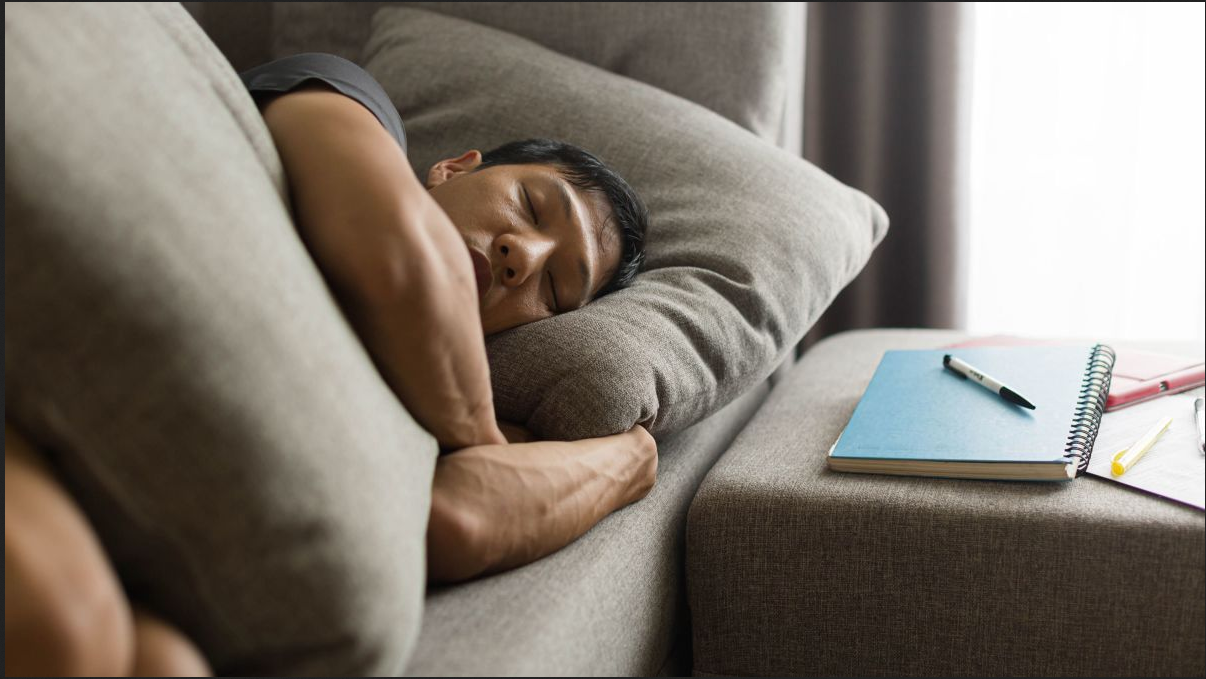Research has revealed that individuals who nap more than most are more inclined to have heart stroke and high blood pressure, a recent study has revealed.
According to clinical psychologist Michael Grandner, who directs the Behavioral Sleep Medicine Clinic at the Banner-University Medical Center in Tucson, Arizona, “napping itself is not harmful”. However, people who take naps may do so because of poor sleep at night. Poor sleep at night is associated with poorer health, and naps are not enough to make up for it. Study participants who typically napped during the day were 12% more likely to develop high blood pressure over time and were 24% more likely to have a stroke compared with people who never napped.
Adolescents and young adults who get plenty of sweet treat sleep are 20 times more inclined to bring on high blood pressure than adult sleepers who are never or rarely awake. The research was published in the journal Hypertension, an American Heart Association journal. The AHA recently added sleep duration as one of the eight fundamental metrics that helps assure optimal heart and brain health.
Even when researchers eliminated people at risk for high blood pressure, such as those with type 2 diabetes, existing high blood pressure, high cholesterol and sleep disorders or who did night-shift work, napping increased the chance of developing hypertension or having a stroke. “The results demonstrate that napping increases the incidence of hypertension and stroke,” said Dr. Phyllis Zee. “From a clinical standpoint, I think it highlights the importance for health care providers to routinely ask patients about napping and excessive daytime sleepiness and evaluate for other contributing conditions to potentially modify the risk for cardiovascular disease,” says Dr. Zee.
Longer naps are worse
In this study, researchers linked data from 570,000 participants to the UK Biobank, a large healthcare database and resource that tracked subjects in the United Kingdom from 2006 to 2010.
A recent study conducted in the UK collected blood, urine, and saliva samples from participants on a regular basis and asked them questions about napping four times over four years. The study defined a nap as a refreshing mid-day sleep lasting between 15 minutes to two hours; however it did not collect data on nap duration or frequency. “If you’re going to be sleeping for an hour, two hours, for example, that’s not really a nap,” said Dr. Raj Dasgupta, an associate professor of clinical medicine at the Keck School of Medicine at the University of Southern California who was uninvolved with the study. “A refreshing power nap that’s 15 to 20 minutes around noon to 2 p.m. is 100% the way to go if you’re sleep deprived,” said Dasgupta, who does recommend naps for most people with insomnia. “If you have chronic insomnia we don’t encourage napping because it takes away the drive to sleep at night.”
Scientists have found that many people who nap daily are also the same people who smoke cigarettes, drink alcohol, snore, have insomnia and report being an “evening person.” These factors could impact a person’s quality and quantity of sleep. Poor sleep causes “excessive daytime fatigue which can result in excessive napping during the day,” Dasgupta said. “I do believe napping is a warning sign of an underlying sleep disorder in certain individuals,” he added. “Sleep disorders are linked to an increase in stress and weight regulation hormones which can lead to obesity, high blood pressure, type 2 diabetes — all risk factors for heart disease.”



